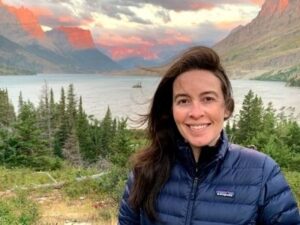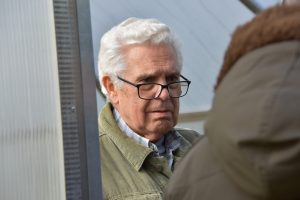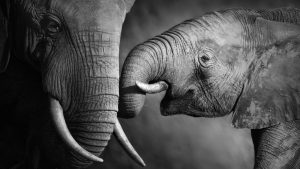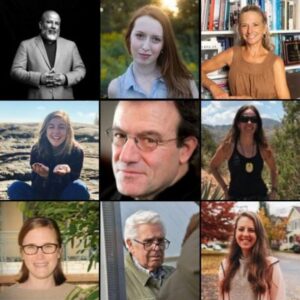
Alton C. Byers, Ph.D. is a mountain geographer, conservationist, and mountaineer specializing in applied research, high-altitude ecosystems, climate change, glacier hazards, and integrated conservation and development programs. He is a senior research affiliate at the Institute of Arctic and Alpine Research (INSTAAR) at the University of Colorado at Boulder and the 2021-22 Menakka and Essel Bailey ’66 Distinguished Visiting Scholar in the College of the Environment.
 The COE shares faculty from across departments and programs at Wesleyan, including government, history, art, dance, computer science, English, philosophy, environmental science, biology, African American studies, physics, classical studies, chemistry, Science in Society, theater, religion, economics, archaeology, and more. Katherine Brunson is a zooarchaeologist and assistant professor of archaeology at Wesleyan who studies the origins of China’s domesticated animals and the environmental impacts of animal domestication in China. She is currently investigating the genetic relationships between domestic cattle and the extinct East Asian wild aurochs. She also codirects the online Oracle Bones in East Asia project on
The COE shares faculty from across departments and programs at Wesleyan, including government, history, art, dance, computer science, English, philosophy, environmental science, biology, African American studies, physics, classical studies, chemistry, Science in Society, theater, religion, economics, archaeology, and more. Katherine Brunson is a zooarchaeologist and assistant professor of archaeology at Wesleyan who studies the origins of China’s domesticated animals and the environmental impacts of animal domestication in China. She is currently investigating the genetic relationships between domestic cattle and the extinct East Asian wild aurochs. She also codirects the online Oracle Bones in East Asia project on 


 Meaning and language are commonly thought to be the exclusive province of humans. But is this thinking simply our own anthropocentric conceit? On November 2, 2019, Menakka and Essel Bailey ‘66 Distinguished Visiting Scholar in the College of the Environment Charles Siebert led a discussion about the nature of meaning in the world, the myriad of forms in which it manifests, and the many ways in which they inform our place in the world. The discussion, What on Earth Are They Saying: Listening and Learning Beyond the Human, was the 17th Annual Where on Earth Are We Going? seminar sponsored by the Robert F. Schumann Institute of the College of the Environment.
Meaning and language are commonly thought to be the exclusive province of humans. But is this thinking simply our own anthropocentric conceit? On November 2, 2019, Menakka and Essel Bailey ‘66 Distinguished Visiting Scholar in the College of the Environment Charles Siebert led a discussion about the nature of meaning in the world, the myriad of forms in which it manifests, and the many ways in which they inform our place in the world. The discussion, What on Earth Are They Saying: Listening and Learning Beyond the Human, was the 17th Annual Where on Earth Are We Going? seminar sponsored by the Robert F. Schumann Institute of the College of the Environment.